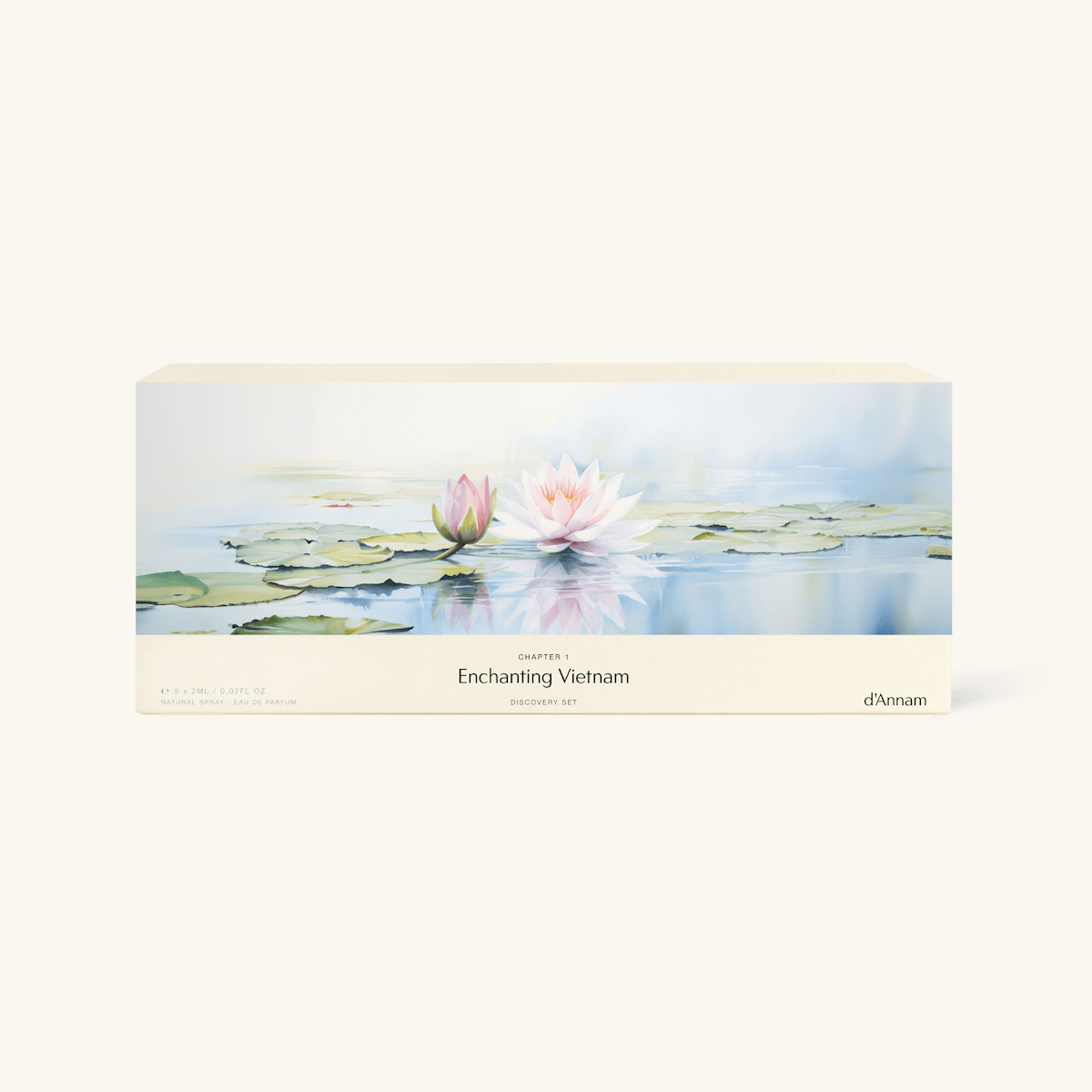In today's fast-paced world, it's easy to get caught up in the hustle and bustle of daily life, leading to stress, anxiety, and a lack of focus. Mindfulness offers a powerful antidote to this modern predicament, allowing us to cultivate a greater sense of well-being and peace in our lives. In this blog post, we will explore the concept of mindfulness, its benefits supported by academic research, and practical strategies to incorporate mindfulness into our everyday routines. Let's embark on a journey to transform mindfulness from a fleeting practice into a sustainable habit.
Understanding Mindfulness
Mindfulness, derived from ancient Buddhist traditions, refers to the state of being fully present and engaged in the current moment, without judgment or attachment to thoughts or emotions. It involves cultivating awareness of our thoughts, sensations, and surroundings, fostering an attitude of curiosity and acceptance.
Benefits of Mindfulness
Numerous scientific studies have demonstrated the significant benefits of regular mindfulness practice:
1. Stress Reduction
Mindfulness-based interventions have been shown to reduce stress and its associated symptoms. By developing awareness of our stressors and responding to them with equanimity, we can enhance our ability to cope effectively.
2. Improved Mental Health
Research suggests that mindfulness can help alleviate symptoms of anxiety, depression, and other mental health conditions. By observing our thoughts and emotions without judgment, we can create a mental space that allows for greater clarity and emotional well-being.
3. Enhanced Focus and Concentration
Mindfulness practice has been linked to improved attention span, cognitive flexibility, and working memory. By training our minds to stay present, we can cultivate sharper focus and resist distractions.
4. Increased Emotional Intelligence
Mindfulness encourages us to acknowledge and accept our emotions, leading to greater self-awareness and emotional intelligence. This heightened understanding of our own feelings can translate into improved relationships and better interpersonal skills.
Incorporating Mindfulness into Everyday Life
Now that we understand the benefits of mindfulness, let's explore practical strategies to integrate it into our daily routines:
1. Start with Short Sessions
Begin by setting aside just a few minutes each day for mindfulness practice. Find a quiet space, sit comfortably, and focus your attention on your breath or a specific sensation. As thoughts arise, gently bring your attention back to the present moment. Gradually increase the duration of your practice as it becomes more comfortable.
2. Mindful Eating
Turn mealtime into an opportunity for mindfulness. Engage all your senses while eating, paying close attention to the tastes, textures, and aromas of your food. Slow down, chew thoroughly, and savor each bite. This practice can enhance the enjoyment of meals and promote mindful eating habits.
3. Mindful Walking
Transform your daily walks into a mindfulness exercise. Pay attention to the sensations in your body as you walk—the feeling of your feet touching the ground, the movement of your limbs, and the rhythm of your breath. Notice the sights, sounds, and smells around you, fully immersing yourself in the present moment.
4. Mindful Pause
Integrate short mindfulness breaks into your day. Set reminders to take a minute or two to pause, breathe deeply, and observe your thoughts and feelings. This practice can help break the cycle of automatic pilot and bring you back to the present moment.
5. Mindfulness in Daily Tasks
Bring mindfulness to everyday activities, such as washing dishes, brushing your teeth, or taking a shower. Focus on the sensations, movements, and sounds associated with each task, turning them into opportunities for mindfulness practice.
6. Mindfulness Apps and Resources
Explore the wealth of mindfulness apps, guided meditations, and online resources available. These tools can provide structure and support for your mindfulness journey, offering a variety of guided practices tailored to different needs and preferences.
Maintaining the Habit
Building any new habit requires commitment and consistency. Here are some tips to help you maintain a regular mindfulness practice:
1. Set Realistic Goals
Start with attainable goals, gradually increasing the duration or frequency of your mindfulness sessions. Setting unrealistic expectations can lead to frustration and discouragement.
2. Find an Accountability Partner
Share your mindfulness journey with a friend or family member who is also interested in cultivating mindfulness. Check in with each other regularly to stay motivated and accountable.
3. Be Kind to Yourself
Remember that mindfulness is a practice, and it's normal to have days when your mind feels restless or distracted. Be patient and compassionate with yourself, recognizing that every moment is an opportunity to begin again.
4. Create Rituals
Designate specific times and places for your mindfulness practice. Establishing rituals can help anchor your habit and make it easier to integrate into your daily routine.
Conclusion
Mindfulness has the potential to transform our lives by allowing us to fully engage with the present moment and cultivate a greater sense of well-being. By incorporating mindfulness into our everyday routines, we can experience the numerous benefits supported by academic research. Remember, mindfulness is a skill that can be developed with practice and patience. Start small, be consistent, and watch as mindfulness becomes an integral part of your daily life, bringing you increased peace, clarity, and joy.











